Untitled Document
Kitchen And Cooking

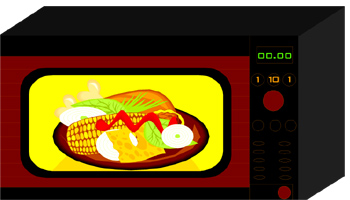
|
Bake in Bulk: Some
foods taste better the next day when re-heated. Save energy by baking
an extra dish and cooking entire meals in the oven at the same time.
|
|
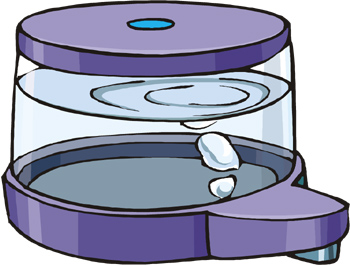
|
Carbonator: Purchase
a seltzer siphon or carbonator to fizz your filtered water and flavor
it with homegrown fruit or homemade syrups. Try the Soda Stream or one
of its contemporaries to replace expensive sodas that come with cans and
bottles you later have to recycle.
|
|
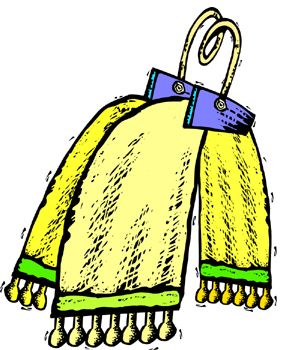
|
Cloth Towels: Try
using long lasting cloth towels that can be washed instead of paper
towels. Only use paper towels when needed. This helps lessen paper
usage, and can help lessen the cutting of trees.
|
|
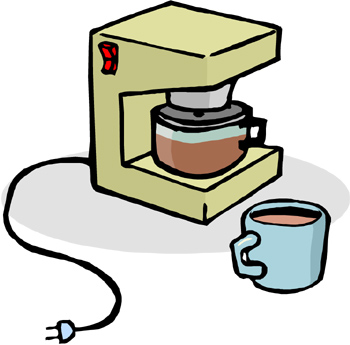
|
Coffee Press: Unplug
or turn off coffee makers when not in use. They use up to 1500 watts
when in use. Opt for using a coffee press instead and reheat your coffee
in the microwave.
|
|
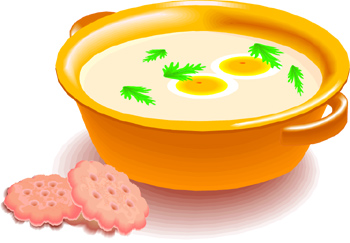
|
Cold Dishes: On
hot days, don’t forget about serving salads, chilled soups and other
dishes that require little prep and can be enjoyed cold. Try to serve
dishes that do not require cooking or chilling to help conserve energy
usage.
|
|
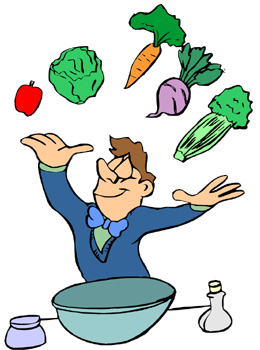
|
Cook in Bulk: Learn
to cook in bulk. Bulk cooking is a more efficient use of energy and
reduces trips to the store while cutting down of food costs. Refrigerate
or freeze ready to eat meals.
|
|
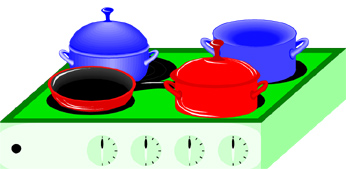
|
Cook with Lids: Cooking with lids on your pots and pans will help to cook your food faster and keep it hot longer using less energy.
|
|
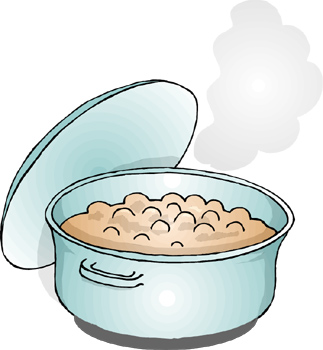
|
Cool Your Food: Let
hot foods cool on the counter before putting them in your refrigerator
or freezer. Hot foods cause the cooling unit to work longer and harder.
|
|

|
Don't Pre-heat Oven: Preheating
ovens is almost prehistoric. Newer ovens come up to temperature so
quickly, that preheating is often times unnecessary. Unless you’re
cooking breads and pastries that are more sensitive to heat, stop
pre-heating. Preheat the oven only when the recipe calls for it. There's
no need to preheat the broiler.
|
|

|
Energy Star Label: Look
for the Energy Star label for when buying home appliances. This assures
you that the product is energy-efficient and will help to increase the
appeal of your home should you decide to sell at any future point.
|
|
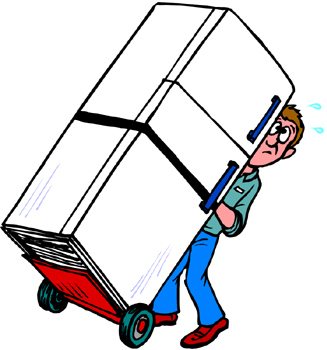
|
Extra Refrigerator: If
you have a 2nd refrigerator, reconsider its necessity during periods
when there is less demand for its use. Clean it out, prop it open a
crack to prevent mold and mildew from forming and unplug it.
|
|
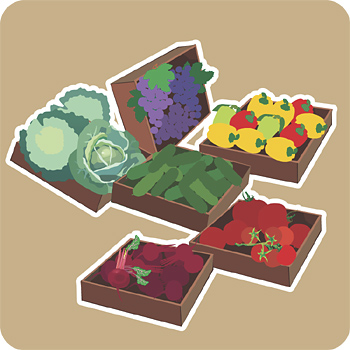
|
Foods in Resealable Containers: Purchase
foods in resealable containers that allow you to use up the food easier
without needed to use plastic wraps later to preserve. Avoid plastic
wrap and plastic containers containing BPA or other dangerous additives
that can leach into your food and water.
|
|
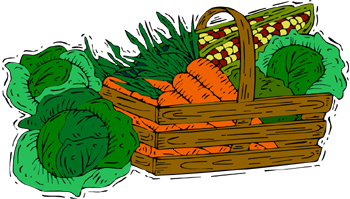
|
Fresh Produce: Buy fresh, unwrapped produce to cut down on unneeded packaging and cost. Become accustomed to bringing your own shopping bags.
|
|
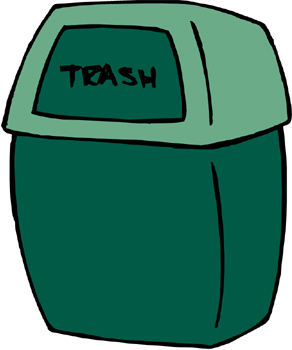
|
Garbage Disposal: Using the garbage disposal less and your composting bin and garbage can more is a good energy saving tip.
|
|
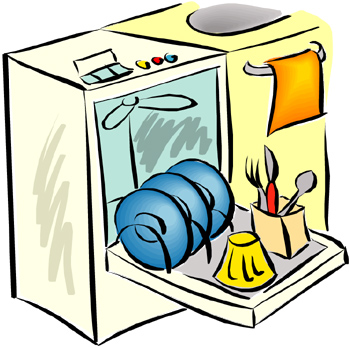
|
Heat Dry: Turn
off the "heat dry" feature of your dishwasher. Then, when the load is
finished open the door and let the dishes air-dry on their own to lessen
energy consumption.
|
|

|
Hot Pads: Hot pads can burn up to 1500 watts and burn your coffee compared to insulated dispensing devices that internally reflect heat.
|
|
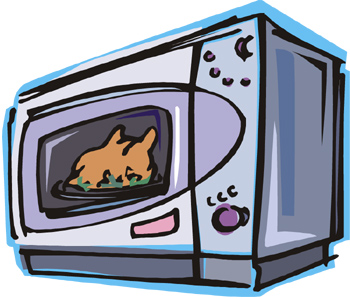
|
Microwave Oven: Save
considerable energy by using your microwave oven and pressure cooker
whenever possible. They cook quickly using less energy.
|
|
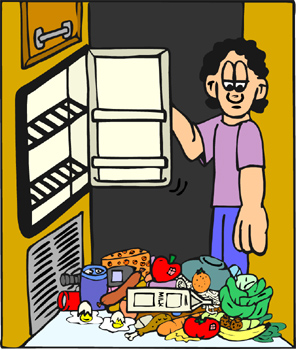
|
Old Food Items: Remove
old food items from the refrigerator regularly, so you don't waste
electricity by needlessly keeping them cold all the time.
|
|
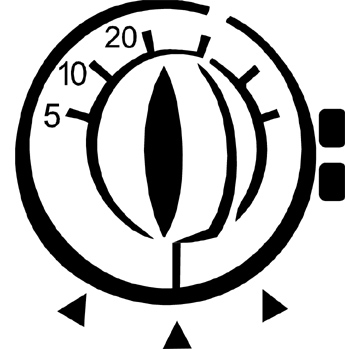
|
Oven Doors: Instead
of opening that oven door several times to look in, learn to rely on
the use of a timer or find a nice "green” cleaner with which to clean
that oven window and get a better peek. When you open the oven door to
peek at food inside you lose 25-75 degrees of heat. Wait until the food
is almost done before opening the door.
|
|
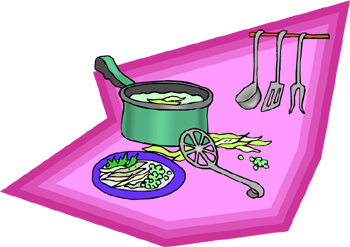
|
Pan With Lids: Foods
will cook faster and use less energy if you put lids on the pots and
pans and make sure they're the right size for the burner.
|
|
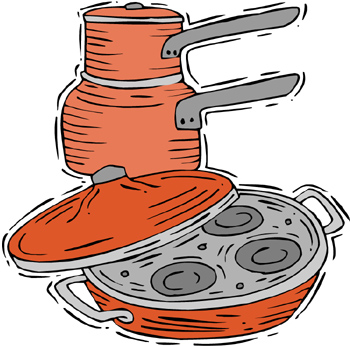
|
Plastic Utensils: Replace
cheap plastic utensils with sturdy longer lasting steel utensils that
can’t rot, won’t break or won’t melt if left on the stove too long.
Plus, stainless steel utensils are more environmental friendly than
plastic.
|
|
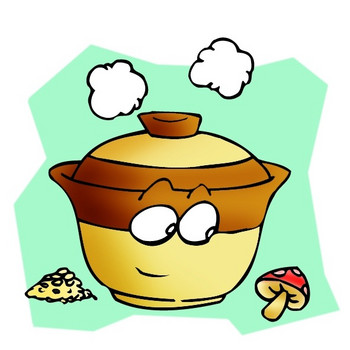
|
Pressure Cookers: Make
use of pressure cookers as a great way to save energy and reduce
cooking time by up to 70 percent. You can purchase cheaper cuts of meats
that come out both tender and tasty.
|
|
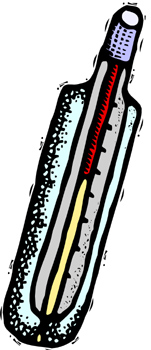
|
Refrigerator Temperature: Set the temperature in your refrigerator between 35 and 38 degrees F.
|
|
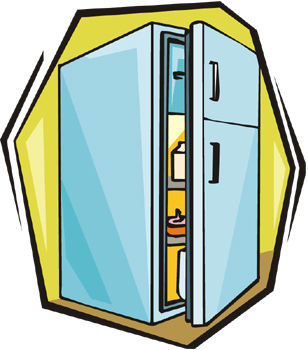
|
Replace Refrigerator Seal: If
cold air is escaping around the refrigerator door seal, adjust or
replace the seal. To check, close the door on a dollar bill. If it's
easy to pull out, cold air is escaping.
|
|
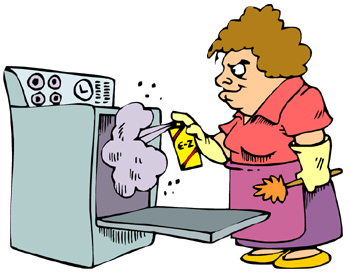
|
Self-Cleaning Oven: If
you have a self-cleaning oven, clean it immediately after use. Because
it's already hot, it will take less energy to get to the heat cleaning
stage.
|
|
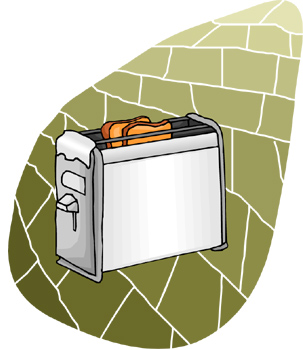
|
Small Appliances: Use
energy saving products such as small electric pans or toaster ovens to
cook small meals instead of heating your large stove or oven.
|
|
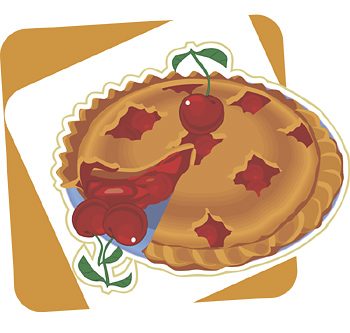
|
Solar Oven: Purchase a solar oven and try bold flavor recipes that only slow cooking can bring out in your dishes.
|
|
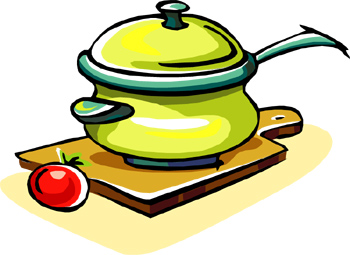
|
Stainless Steel Pots: Replace
Teflon pots and pans with longer lasting stainless steel, cast iron,
enamel or ceramic coated cookware that won’t breakdown easily with steel
utensil usage.
|
|
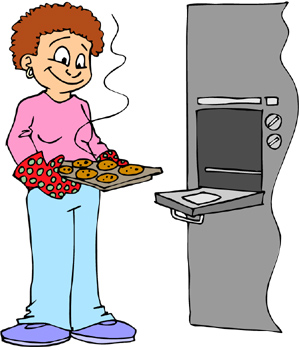
|
Timed Baking: When
baking foods, learn to time your oven to turn off 5 – 7 minutes ahead
to allow your dinner to continue to cook to completion with the door
closed using residual heat.
|
|
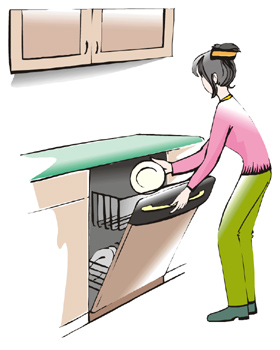
|
Unclog Dishwasher: A
dishwasher will operate more efficiently if you unclog the drain of
food particles and clean it weekly. Clean dishwashers result to modest
energy consumption.
|
|
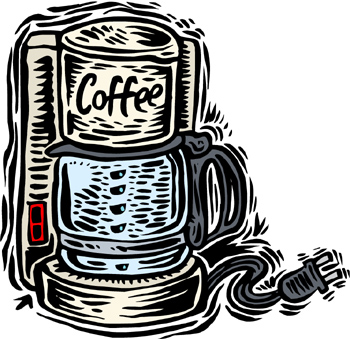
|
Unplug coffee Makers: Unplug
your coffee makers as soon as they are done making coffee. Do not leave
them plugged when not in use as they can still consume energy.
|
|
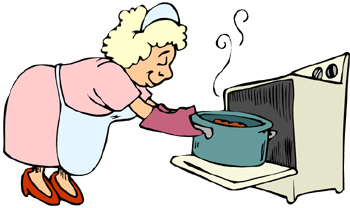
|
Use Oven as Room Heater: Weatherize
your cooking by using your oven on cold days for baked foods.
Afterwards, leave you oven open to cool while helping to heat the room
using any residual heat.
|
|

|
Washing Dishes:
To help reduce water usage, purchase some of hand held wand or
scrubber. A quick cold water rinse using a scrubber vastly reduces the
amount of water required to prepare your dishes for later cleaning or
for loading into the dishwasher. Never let dishes with food sit
overnight as it takes many times as much water to clean off dried food
as when it's fresh.
|
|
|
|
|